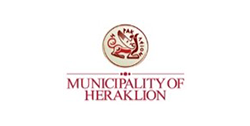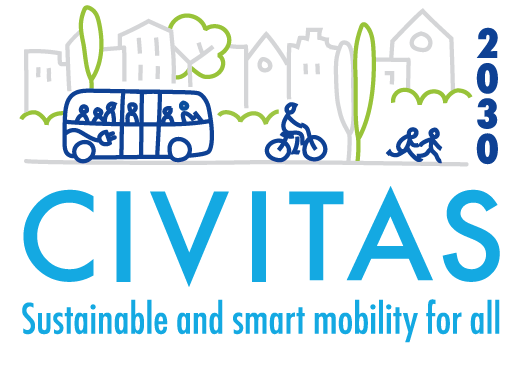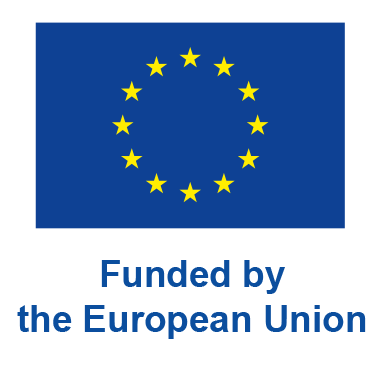
GRAD SIBENIK
Petar Mišura, BSc in Economics, is the Head of the Department of Economy, Entrepreneurship and Development for the last 5 years. This Department performs tasks related to the stimulation of economic development, and the implementation of EU projects from various programs. It is important to note that in the period between 2006 and 2022, the City of Šibenik implemented and continues to implement projects financed from various European and national sources, and gained valuable experience in the preparation and implementation of projects in various areas. The total value of implemented projects of the City of Šibenik, financed from European and national funds, is over 50 million Euros.
Petar Mišura is a Project Manager of the Twinning City of Šibenik (COS) in a SPINE project and a Head of the Living Lab team of the City of Šibenik that involves Maja Čeko (Researcher), Miroslav Petrović (Financial Officer) and Domagoj Vranjić (Administrator).
 Domagoj Vranjić
Domagoj Vranjić
The city of Šibenik has a lot of experience in implementing EU projects from different programs, so we decided to join the SPINE project because of the desire to improve public transport. Our organization is involved in the SPINE project because of the desire to cooperate with European partners in the field of public transport. In cooperation with the association ODRAZ-sustainable community development from Zagreb, we want to apply the positive experiences gathered from the partners in the SPINE project and improve public transport in the area of the City of Šibenik by introducing innovations present in the cities that are partners in the Spine project.
Though the implementation of this project City of Šibenik will gain new experiences in a project and partnership management in the HORIZON programme. Twinning of a Living Lab that was already tested in a Lead City of Antwerp will reduce risk of unsuccessful implementation of such model, as the all pros and cons of a model will be considered. The added value of this project is an improved user satisfaction with public transport that will lead to an increased use of a public transport. That will consequently lead to bigger investments in a public transport and less private cars in the city of Šibenik, especially in a city centre which is already overcrowded with private cars. The added value for the City of Šibenik is a collaboration with a many new partners, mainly form the mobility sector, and a transfer of their know-how that can be implemented on a local area.
City of Šibenik is a Twinning city of the SPINE project where the successful solutions from one of the Living Labs (from the Lead City of Antwerp) will be adapted and implemented. An existing solution of multimodal hub will be upgraded and a 5 more electrical vehicle charging stations will be installed in the city.
Main objectives that will be reached through this project are increased public transport ridership for more than 30%, improved user satisfaction with public transport for more than 25%, reduced number of cars in the city centre for more than 30% and reduced CO2 emissions for more than 20%. City of Šibenik hopes for a successful implementation of a Lead City Living Lab as well as a MaaS in a way of Multimodal Journey Planner App.



